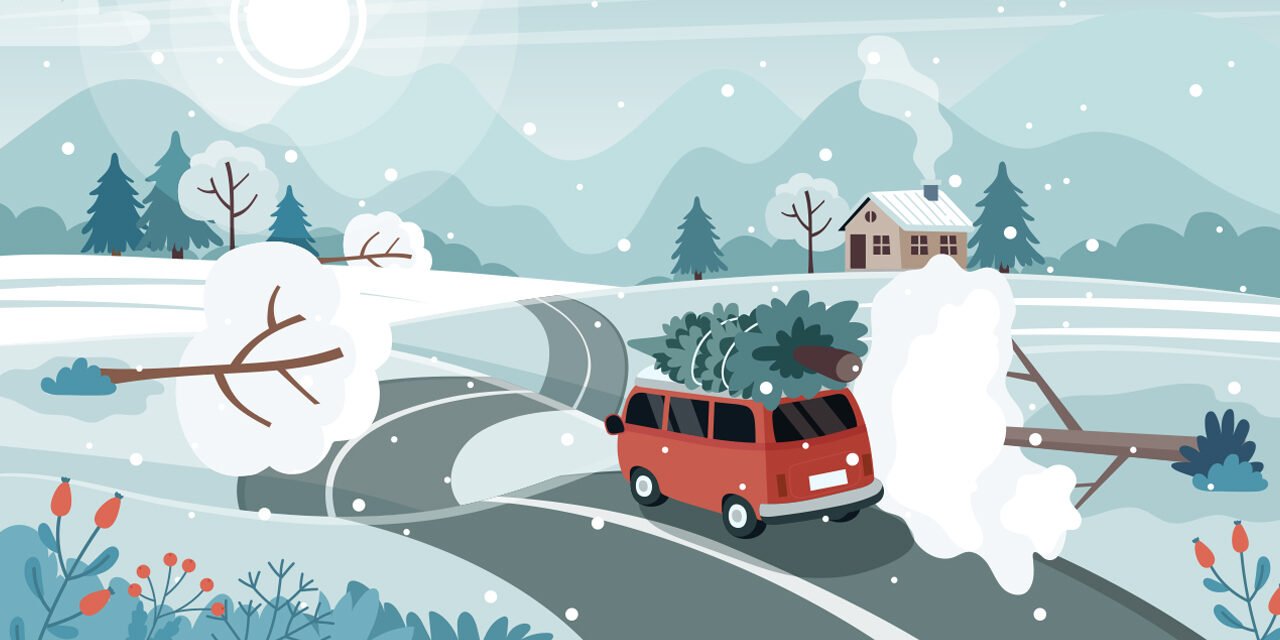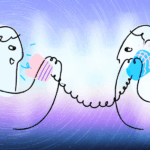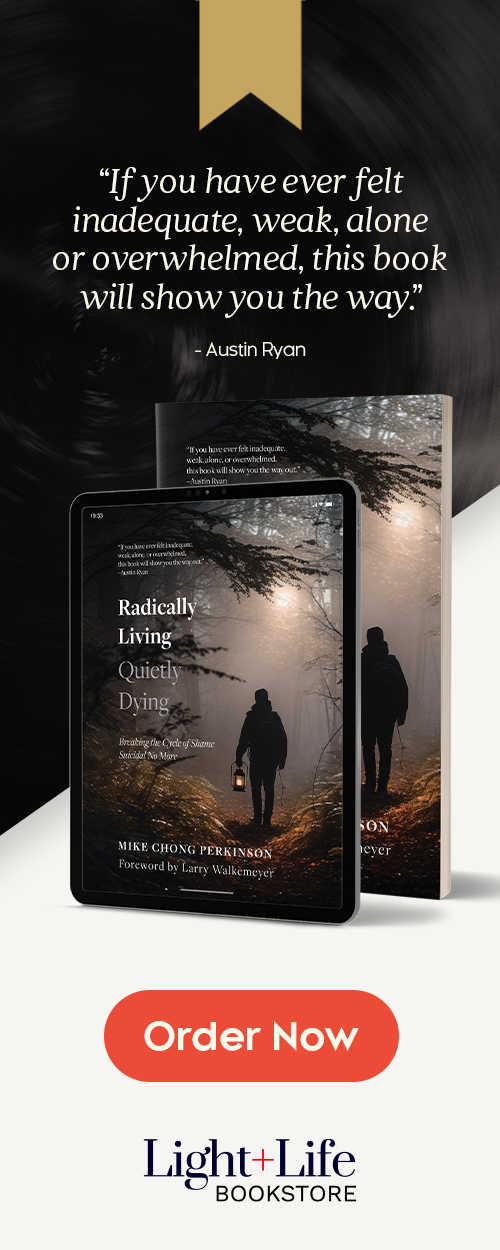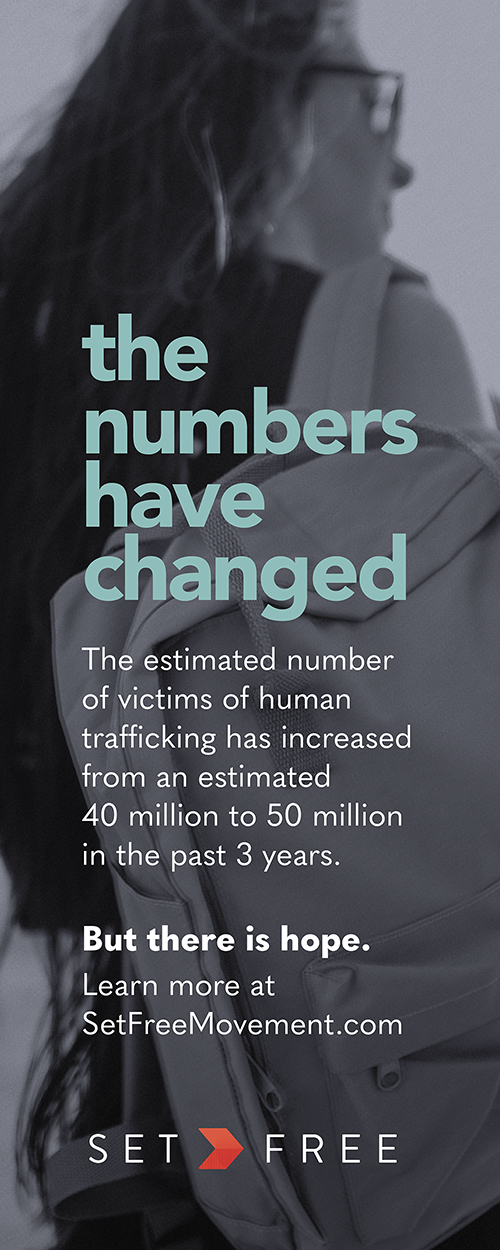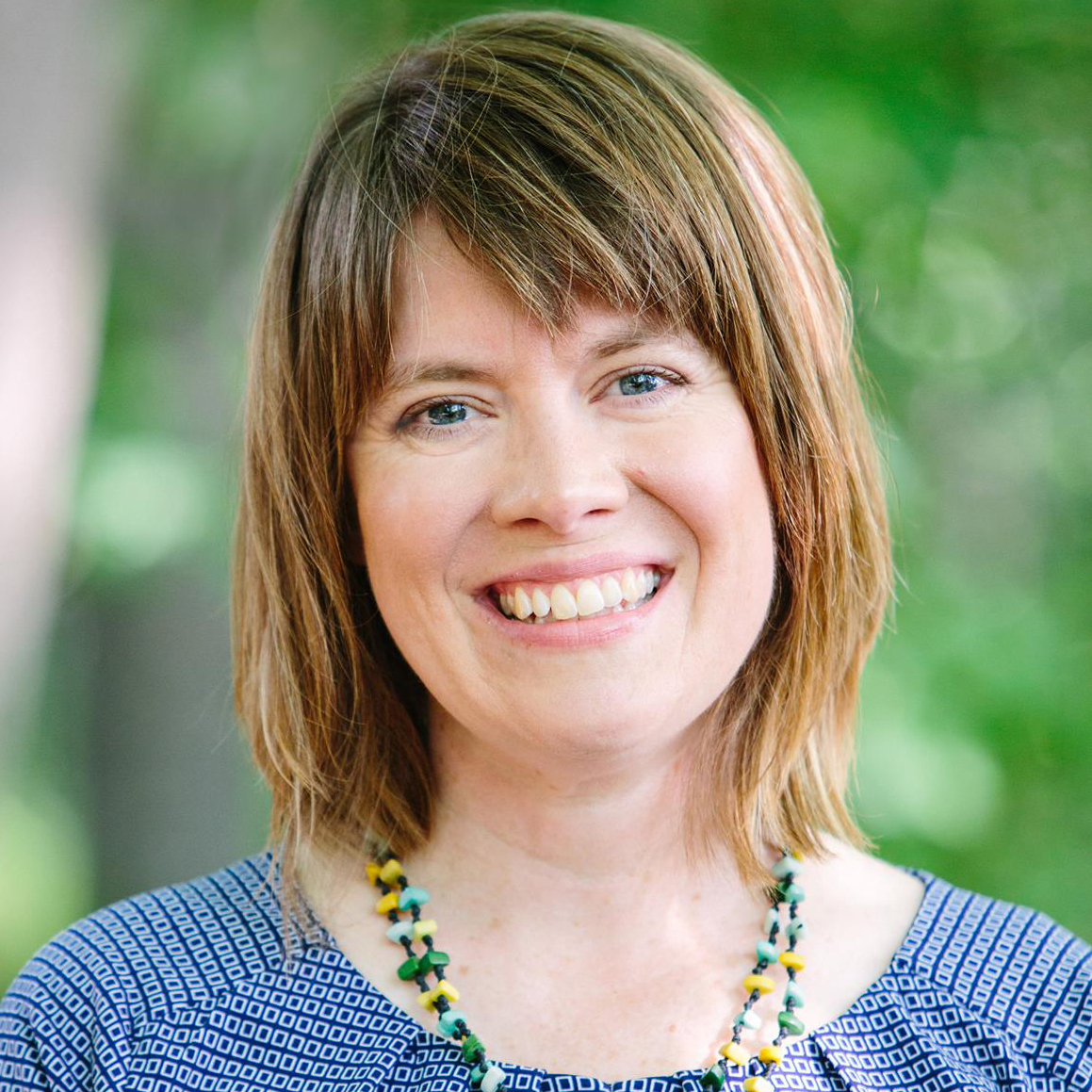
Joanna DeWolf
Joanna DeWolf is a co-superintendent of the East Michigan Conference and the lead pastor of Lansing Central Free Methodist Church. This article is an adapted excerpt from her Light + Life Publishing book “Entering the Story: An Advent Journey for Individuals and Churches,” which may be purchased through the Light + Life Bookstore.
By Joanna DeWolf
“The true light that shines on all people was coming into the world. The light was in the world, and the world came into being through the light, but the world didn’t recognize the light. The light came to his own people, and his own people didn’t welcome him. But those who did welcome him, those who believed in his name, he authorized to become God’s children, born not from blood nor from human desire or passion, but born from God” (John 1:9-13 CEB).
“Because of our God’s deep compassion, the dawn from heaven will break upon us, to give light to those who are sitting in darkness and in the shadow of death, to guide us on the path of peace” (Luke 1:78-79 CEB).
All night we had been listening to the ice wreak havoc on the trees surrounding our house. Crick. Creak. Crash. Over and over again, branches falling and waking us out of the brief stretches of sleep in between. Unsure what the next branch held for a window or the roof, my husband and I were wide awake right when the power went out: 6:39 a.m.
Ten years we had lived in this house and never had the power gone out for more than a few minutes. Most of our lives we have spent in the Midwest and never lost power for more than a few hours. When the power still had not returned at 9 a.m., and our Sunday church service had been canceled, the whole family decided to join me at the local homeless shelter. Usually, I simply offer words from the Bible and encouragement. This time, however, we waited around after the service with 150 homeless and low-income people for the food to be served. And we were four of them hungry for a hot meal.
Then we went home.
Except we couldn’t get down our street. Fallen branches completely blocked the roadway. It had been difficult when we left, but it had gotten worse. The real shock, however, occurred as we pulled up to our house. We couldn’t pull into our driveway as the utility poles on either side of our house had snapped off leaving large pole fragments and electricity lines strewn across the length of our front yard.
If the rest of the story continued as most of my life has gone, this all would have been fixed within 24 hours and we would be laughing the very next day about the storm of Christmastime 2013. Except it didn’t.
The kids and I left town that evening and drove to my sister’s house, leaving my husband to fend for himself in freezing temperatures with a pitiful fireplace, little wood and some candlelight. On Christmas Eve two days later, we all returned to a 47-degree house to open Christmas presents in our winter gear while the last log died down. Ironically, the fireplace did little good as it contains a heatilator — something like a wood stove requiring electricity to power the fan and blow out the heat. Off we went to Grandma and Grandpa’s house for Christmas.
_
“Each day we waited and wondered what the next day might hold.”
_m `
Christmas Day and the next day and the next day, nothing happened in our neighborhood. Nothing got fixed. The power was gone, and no one was communicating about when it might return. Each day we waited and wondered what the next day might hold. We worried about frozen pipes and wandering looters. And we were powerless — both literally and figuratively. There just wasn’t much we could do.
Motivated by Needs?
In 1943, Abraham Maslow published a paper about what motivates people. He believed that humans were primarily motivated by a hierarchy of needs. The lower level of the hierarchy must be met in order to move on to the higher levels. At the bottom of the pyramid, he outlined the first level of needs called Physiological: food, water, shelter, warmth. The second level, titled Safety, included security, stability, and freedom from fear. Only when those two levels are met can a person move on to be motivated by love and belonging, self-esteem and self-actualization.
I lived for 10 days fighting with worry over my physiological and safety needs. My original plan for the holiday included enjoying family, then thinking and planning for the upcoming few months. With the advent of an ice storm, I couldn’t seem to think much past the current hour.
I read the majority of my message at the homeless shelter that first morning out of a Bible storybook. I couldn’t quite get my head around preaching from basic notes or from my heart like I usually do. I can’t remember much of what I did for two days at my sister’s house. Though my children were happily engaged with their cousins giving me precious time alone, I just couldn’t seem to concentrate on much more than meals. And as the days went on and on, it seemed like my mind frequently returned to more worry and wondering. Making a long-range plan felt impractical next to the short-term uncertainty.
The reality was that I had food, shelter and warmth. I was safe in my family’s homes where I could stay as long as I needed to. We had money in the bank to buy what we needed and to fix whatever needed to be fixed. In a greater sense, those psychological and safety needs were met. But temporarily my shelter was without warmth and my stability had turned to uncertainty. For 10 long days, the only recurring conversation was about our physical shelter. Not a single bit of long-term planning happened in those 10 days.
_
“Stripped of a basic necessity, I found myself wrestling to accept reality the way it was instead of the way I wished it had been.”
_m `
I glimpsed into a world that I have truly never known. “They” became we. “That person” became me. Stripped of a basic necessity, I found myself wrestling to accept reality the way it was instead of the way I wished it had been. I spent time wondering when to fight for what we needed, mentally sorting through the people who might be able to help. I fixated on meeting our most urgent needs. I was unable to look forward because I couldn’t shift my focus off our immediate concerns.
We are all “they” in one way or another. We all need God’s light to break upon us and lead us down His path of peace. We all need a helping hand and a word of hope. We all have the opportunity to give this to one another.
We are all tempted to judge the actions and attitudes of “those people.” The funny thing is that the identity of “those people” depends greatly upon our own identity. To the rich, “those people” are poor. To the poor, “those people” have means. To the middle class, “those people” are either lazier or more privileged. To the Southerners, “those people” are from the North, and to Midwesterners “those people” are the fruits and nuts from the Left Coast. We tend to gather people around us who resemble us in any number of ways; or, conversely, we focus on the differences between “us” and “those people,” thereby erecting layers of distance between us.
But John’s gospel beautifully reminds us that we who believe in Jesus are all God’s children, born not from blood but from God. Zechariah’s song says that Jesus will lead us down the path of peace. When we claim the name of Jesus, we are entering a big family of diversity. We reject “they” and embrace “we.”
_
“When we embrace our common humanity, we can walk a new path of peace together.”
_m `
Nelson Mandela once said, “Our human compassion binds us the one to the other — not in pity or patronizingly, but as human beings who have learnt how to turn our common suffering into hope for the future.” We were all once sitting in the darkness, but Jesus came to rescue us and lead us together down the path of peace. When we embrace our common humanity, we can walk a new path of peace together.
Reflection
Is there someone around you who could use the gift of empathy? What can you do this week to show it in a tangible way?
Who are “those people” to you? Ask God to show you one way to begin seeing what you have in common rather than ways you are different. Make a choice to try to connect with one person you have always considered “them.”
Look up Ephesians 2:11-22. How does this passage connect to what you have just read? +

Joanna DeWolf
Joanna DeWolf is a co-superintendent of the East Michigan Conference and the lead pastor of Lansing Central Free Methodist Church. This article is an adapted excerpt from her Light + Life Publishing book “Entering the Story: An Advent Journey for Individuals and Churches,” which may be purchased through the Light + Life Bookstore.

